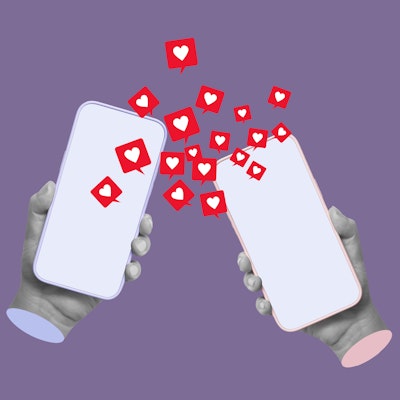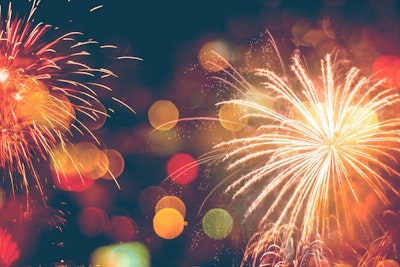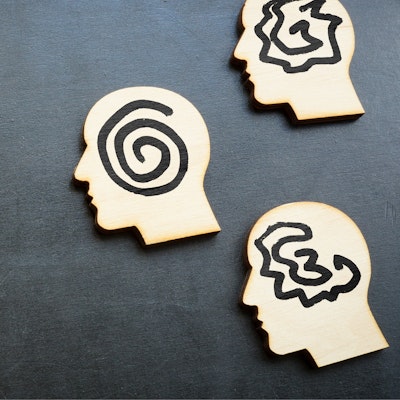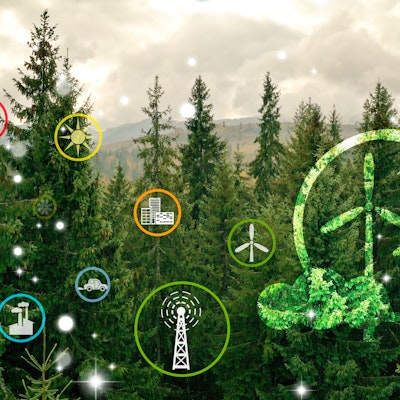Setup
The #MeToo movement has forced America into a transparent conversation about sex and power. From clear cut cases of assault, harassment and misogyny to poor communication, bad dates and uncomfortable situations — American society is wrestling with what gender and power mean in the workplace and in personal relationships. The debate cuts across culture, gender, class, race and generations, but views on what constitutes a problem and what steps should be taken to change American culture can vary widely. As new revelations roll in and the country continues to wrangle with what this all means, what is the next chapter in the movement? Is the definition of harassment shifting, and who decides? As individuals, society, and workplaces undergo urgent reflection, The Atlantic offers a frank conversation with the writers whose criticism and observation has defined the moment.
Explore More
Society


For years, Yale undergraduate students have lined up to take a wildly popular course called Life Worth Living. Bucking the highly competitive tone you might expect at an Ivy L...

Global conflicts and health crises have put into stark relief deeply-ingrained gender roles in society. Yet the past years have also seen record-high numbers of women running...


The world seems to be moving and evolving faster than ever before, and democratic ideals are under threat in many countries around the globe. New York Times columnist and jour...

How is constitutional law being harnessed to address climate change? Ahead of Aspen Ideas: Climate, we caught up with Andrea Rodgers, Senior Attorney at Our Children's Trust,...


History has the power to teach us what to do in the present, but do we actually make good use of that tool? Many events in our recent past might suggest otherwise. American hi...


After millennia of human existence, we’re still figuring out and talking constantly about one of our most fundamental behaviors – sex. Despite the sexual revolution of the 60s...

Of course, Black history shouldn’t just be a month-long nod on our yearly calendar — it is inextricable from American history and fundamental to the very soul of our nation an...


Teenagers and young adults today are dealing with challenges their parents never experienced and couldn’t have prepared for. Nobody has a map and the road to resolution can be...

The unflinching humanity and morality that Martin Luther King, Jr. embodied is part of what makes his legacy so lasting. In addition to his preeminent civil rights work, he sp...

Whether you love setting New Year’s resolutions or ignore them entirely, there’s still a certain mix of nostalgia and excitement over the ending of one year and the possibilit...


Living a happy life isn’t as simple as having a smile on your face all the time. We often think that our negative emotions should be minimized and repressed, but acknowledging...


The human capacity for empathy allows us to communicate, collaborate and understand each other. But we all know empathy isn’t always easy, and we can feel worn down by the eff...


The stories we hear about migrants trying to escape difficult circumstances tend to focus on hardship, conflict, statistics and policy. We rarely get a deep look at any of the...


When Duke divinity school professor Kate Bowler wrote her best-selling memoir, “Everything Happens for a Reason (and Other Lies I’ve Loved),” she was grappling with the conseq...


For adults, the pressure to drink at social engagements, work events, restaurants or almost anywhere outside the home can feel constant. Recent research has found that “no amo...


In today’s world, we tend to switch jobs more frequently than previous generations, and are more likely to have multiple jobs. Side gigs where we express passions or find mean...


Most Americans today would agree that the dream of supporting a family and living a good life on one full time salary is not available to vast numbers of people. Wages have no...


Climate change catastrophes are already happening with increasing regularity, and it’s clear we need to take action. The Biden administration has set a target of zero carbon e...

Finding ways to ground ourselves on a planet too often in turmoil can foster the resilience we need to function at our best. By maintaining close personal ties, learning new s...

Philosophers throughout history have debated what it means to live a good life, and it remains an ongoing and unresolved question. Deep personal relationships, fulfilling work...











